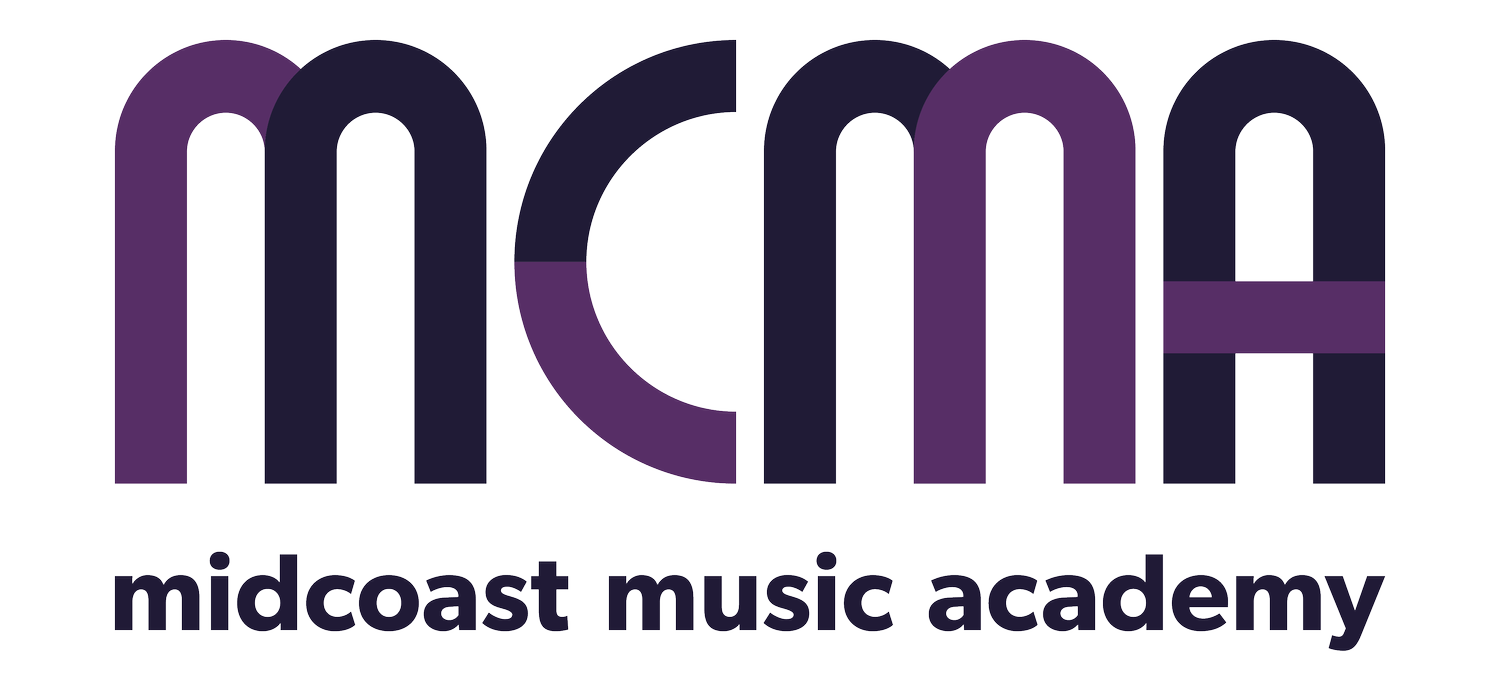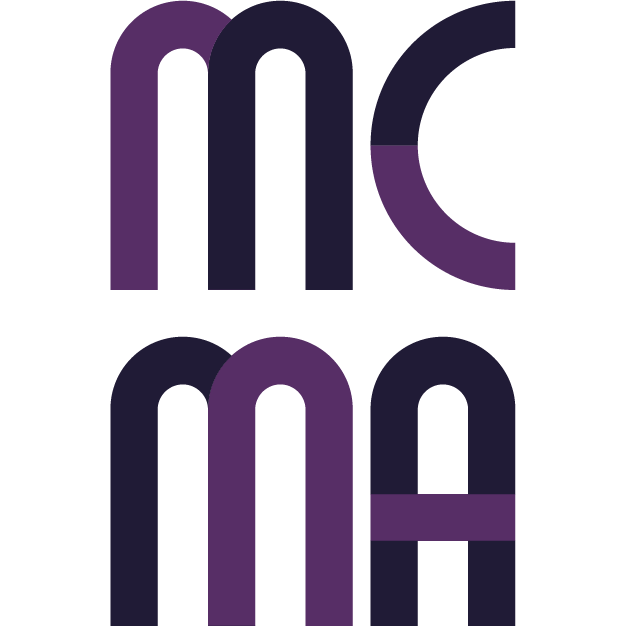Introducing Pen Bay Music Therapy
MUSIC PSYCHOTHERAPY AND WELLNESS EXPERIENCES AT MIDCOAST MUSIC ACADEMY
MCMA is proud to serve as a primary supporter and fiscal sponsor for Dan Wenger’s new organization, Pen Bay Music Therapy.
video by Lang Shepard, Stunt Dog Productions, Inc.
Financial assistance is vital to ensure that all who need it can access mental health services. Learn more about Dan, music therapy, and how you can help!
Meet Dan Wenger of Pen Bay Music Therapy
After completing his Master’s in music therapy and clinical internship at the Nordoff-Robbins Institute at NYU, Dan earned his Board Certification as a music therapist followed by his license to practice creative arts psychotherapy. Dan has provided music therapy services in complex pediatric palliative care, nursing facilities, hospice care, special education, outpatient clinical, and in-home settings. In his most recent clinical work, Dan implemented relationship-based improvisational music therapy services at Imagine Academy with autistic youth ages 3-21 in Brooklyn, NY. Dan has training in the Analytical Music Therapy model via the program at Molloy University, which focuses on collaborative musical improvisation and verbally processing these experiences for deeper insight. He is excited and deeply grateful to have the opportunity to support the Midcoast community through music therapy services.
-
Music therapy is:
A credentialed profession.
Facilitated by clinicians who have completed a bachelor's or master's degree in Music Therapy by an accredited higher education institution.
A collaborative process between the therapist and the client
Music therapy processes vary greatly depending on the treatment context, resources available, and client goals.
Music therapy is found in NICUs, PICUs, special education, trauma care, psychiatric units, refugee camps, hospice and palliative care, brain injury rehabilitation, community centers, and in homes. Music can support therapy in these contexts because of the powerful and unique way it affects our brains and bodies.
Find more information, including some notable music therapy research, via the American Music Therapy Association at musictherapy.org.
-
A music therapist is an allied healthcare professional who uses music to support musical and non-musical goals, often in specific health domains (e.g. physical, social, emotional, spiritual, developmental, or intellectual).
Don't let the 'music' fool you -- music therapists are trained to understand and apply research from fields including behavioral sciences, developmental psychology, holistic medicine, trauma-informed care, physiology, education, and neurological sciences at the graduate level. Post-graduate music therapists may choose to undergo additional training in specialties or advanced models including Analytical Music Therapy or Nordoff-Robbins Music Therapy.
All music therapists are mandated to continue their education to maintain an updated evidence base for their approach.


